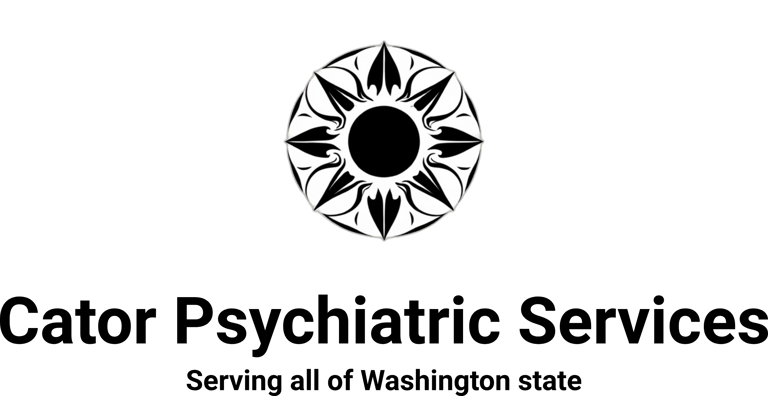EMDR Therapy
Understanding Eye Movement Desensitization and Reprocessing (EMDR) therapy.


Understanding EMDR Therapy
Eye Movement Desensitization and Reprocessing (EMDR) therapy is a specialized psychotherapy approach primarily used to treat individuals who have experienced significant trauma. Initially developed by psychologist Francine Shapiro in the late 1980s, EMDR has since gained recognition as an effective treatment for post-traumatic stress disorder (PTSD) and other trauma-related conditions. Here’s a closer look at what EMDR therapy entails and who may benefit from it:
What is EMDR Therapy?
EMDR therapy is structured around an eight-phase treatment approach that integrates elements of cognitive behavioral therapy (CBT) with bilateral stimulation techniques. The bilateral stimulation can be achieved through eye movements, taps, or sounds, which are used to facilitate the processing of traumatic memories and associated emotions. The therapy aims to help individuals reprocess distressing experiences and develop more adaptive coping mechanisms.
Who is EMDR Therapy Good For?
PTSD and Trauma Survivors: EMDR therapy is particularly effective for individuals who have experienced trauma, whether from combat, accidents, natural disasters, physical or sexual assault, childhood abuse, or other traumatic events. It helps reduce the emotional distress associated with traumatic memories and promotes healing.
Anxiety Disorders: Beyond PTSD, EMDR has been used to treat various anxiety disorders, including panic disorder, phobias, and generalized anxiety disorder. The therapy helps individuals process underlying memories and triggers that contribute to their anxiety symptoms.
Depression: Some individuals with depression, especially those whose depression is rooted in unresolved trauma, may benefit from EMDR therapy. By addressing the trauma, EMDR can alleviate depressive symptoms and improve overall emotional well-being.
Addiction Recovery: EMDR therapy has been integrated into substance abuse treatment programs to address underlying trauma that may contribute to addiction. By processing and resolving traumatic memories, individuals in recovery may experience reduced cravings and improved emotional stability.
Performance Enhancement: In addition to its therapeutic applications, EMDR has been adapted for use in enhancing performance in athletes, artists, and professionals. By addressing performance-related anxiety and past setbacks, EMDR can help individuals achieve peak performance levels.
Benefits of EMDR Therapy:
Efficiency: EMDR therapy is often more time-limited compared to traditional talk therapies, as it focuses directly on processing and resolving targeted memories and symptoms.
Non-invasiveness: Unlike some other trauma therapies that involve extensive recounting of traumatic events, EMDR therapy allows clients to process memories without detailed verbalization, making it less distressing for some individuals.
Holistic Approach: EMDR addresses not only the cognitive aspects of trauma but also the emotional and physiological responses, promoting comprehensive healing and integration.
EMDR therapy continues to evolve and expand its applications beyond trauma treatment. While it is highly effective for trauma survivors and those with PTSD, its versatility in addressing other mental health conditions makes it a valuable therapeutic tool in the field of psychotherapy.
